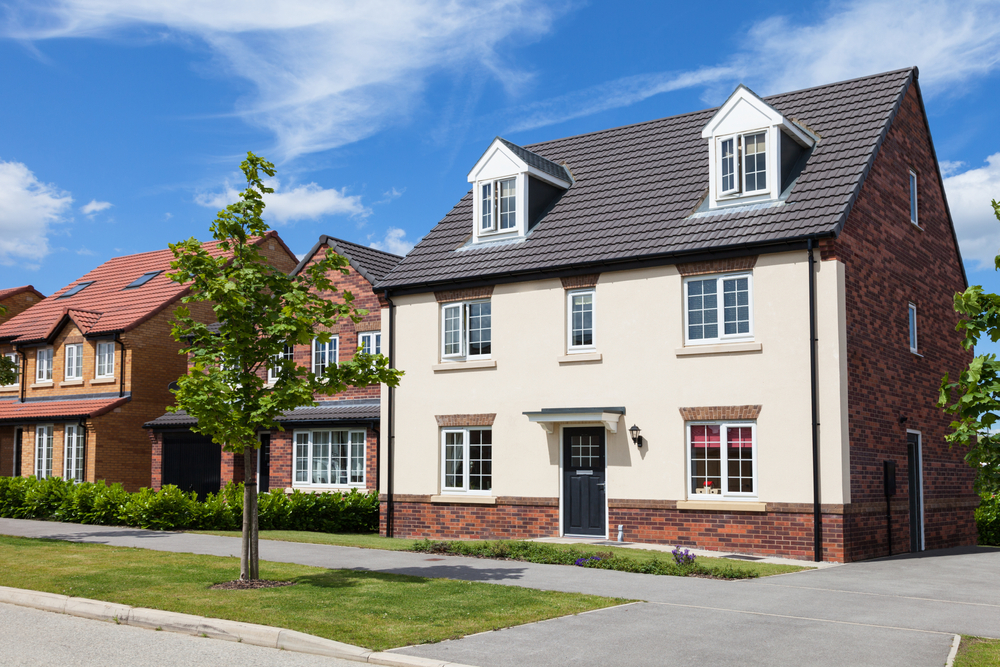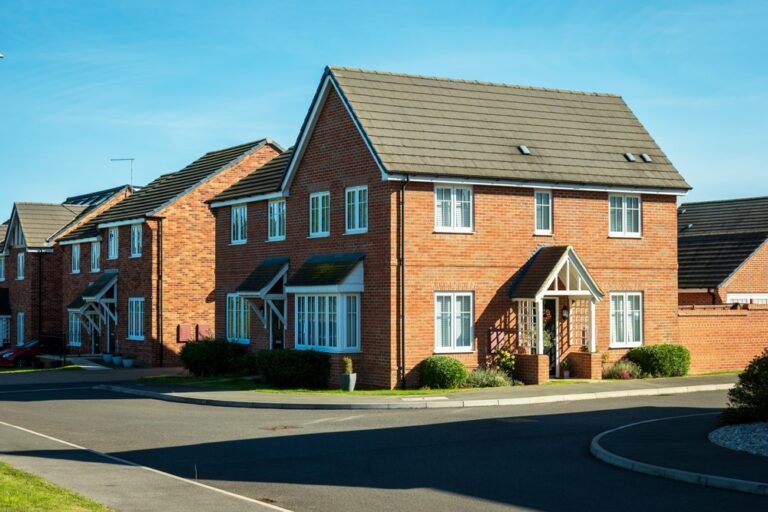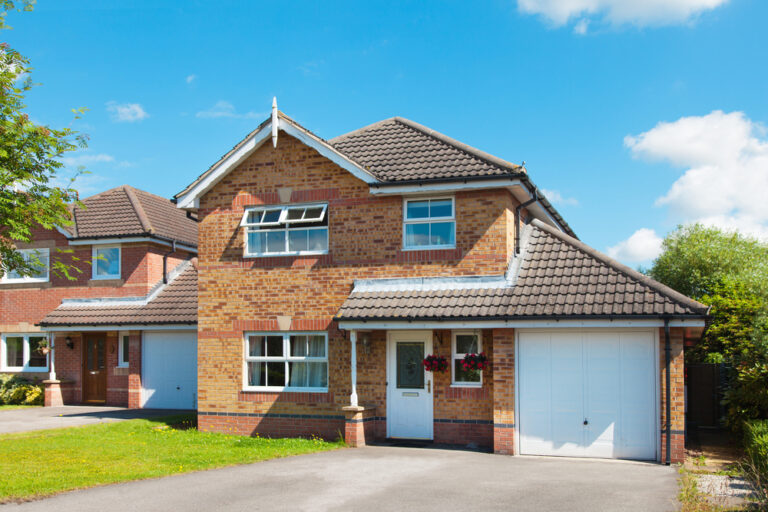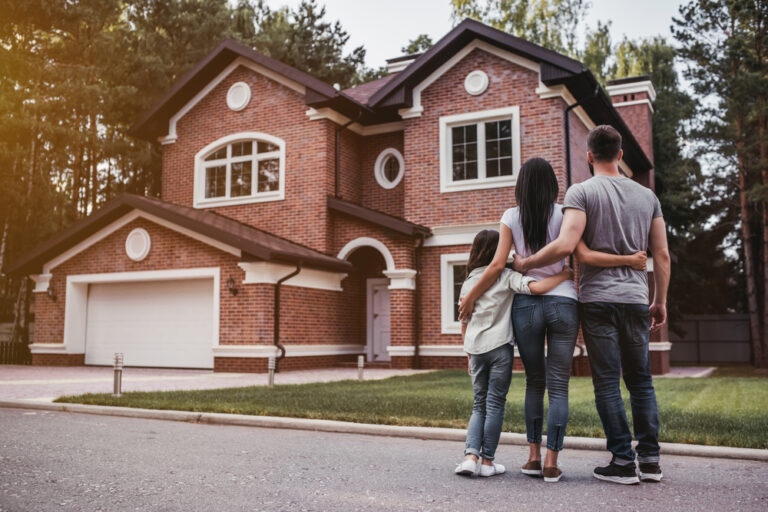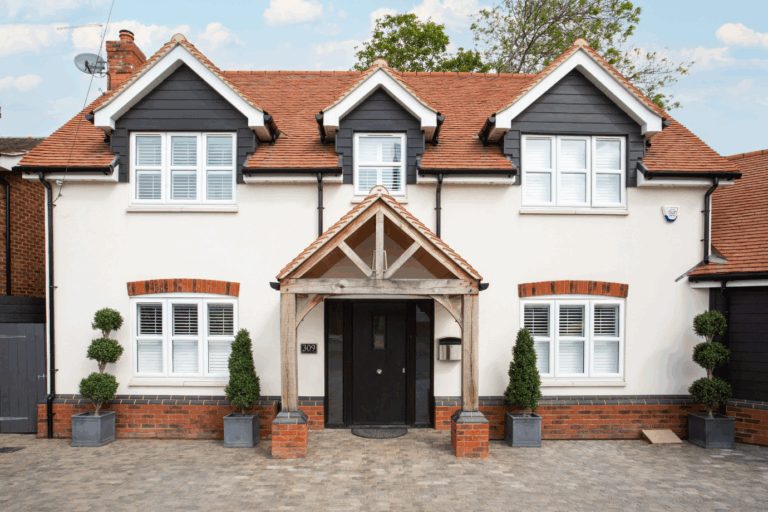If you’ve come across a property listed as “repossessed” or “bank-owned” while browsing homes, you might be curious about what that means and how it differs from a standard sale.
Repossessed houses, also referred to as foreclosed homes or repo property for sale, often attract attention from buyers for a range of reasons. As with any property purchase, it’s worth understanding how the process works, what to expect, and the practical considerations that come with this type of sale.
Let’s break it all down.
What is a repossessed property?
A repossessed property is a home that has been taken back by a mortgage lender because the previous owner was unable to keep up with their mortgage repayments. This process is known as repossession and usually happens as a last resort after several missed payments.
Once a lender has legal possession of the home, they will usually put it on the market as quickly as possible, often through estate agents or auction houses – with the goal of recovering the outstanding mortgage debt.
How do you find repossessed houses for sale?
Many repossessed houses for sale are listed through regular estate agency channels. You can spot them on major property platforms where they may be described as:
- “In need of modernisation”
- “Vacant possession”
- “Sold as seen”
- “Motivated seller”
- “Repossession opportunity”
These are all subtle ways of indicating that a lender or receiver is selling the property rather than a private homeowner.
It’s also possible to find repo property for sale through auctions, where they may be offered with a guide price that reflects the need for a quick sale or the property’s current condition.
Related: Five compromises you can make with your home
Buying a repossessed house through an estate agent
Yes, you can absolutely buy a repossessed house through an estate agent. In fact, this is a common route, especially when lenders want to ensure the property gets broad market exposure.
Estate agents are often instructed to market the property and achieve the best price reasonably possible. This may include allowing viewings, listing the property online, and managing offers from potential buyers.
It’s worth noting that the sale can move quickly. Lenders may set strict timeframes for completion, and in some cases, they’ll continue to accept offers until contracts are exchanged, so being well-prepared as a buyer is key.
Related: Understanding closing costs: What buyers need to know
Pros of buying a repossessed home
- Potentially lower price
Repossessed homes are often priced competitively. Lenders aim to recover the mortgage balance quickly, so you may find that the guide price is lower than comparable properties nearby. - No onward chain
With no homeowner to coordinate with, the sale can be more straightforward. That said, timelines are still driven by the seller’s solicitor and any conditions set by the lender. - Opportunity for improvement
Many repossessed properties are sold in dated or neglected condition. For buyers who are happy to take on a project, this can be a chance to add value.
Cons of buying a repossessed home
- Sold as seen
Repossessed properties are usually sold “as is”. That means no guarantees, no repairs, and no comeback if issues are uncovered after purchase. - May lack utilities
Some repossessed homes are disconnected from water, gas or electricity. This could affect your ability to get a mortgage until utilities are reconnected. - Risk of last-minute offers
It’s not uncommon for sellers to keep accepting offers until exchange. This means a higher offer from another buyer could lead to your offer being rejected unless you move quickly. - Additional costs
You may need to invest in repairs, surveys, and potentially indemnity insurance, especially if paperwork or permissions are missing.
Understanding repossession mortgages
If you’re buying a repossessed property with a mortgage, the lender may request a detailed survey to assess the condition of the home. This is especially important if the property has been empty for some time.
Having a solid agreement in principle in place and working with a solicitor who understands the nuances of purchasing foreclosed homes can help things run more smoothly.
Tips for purchasing foreclosed homes
If you’re thinking about buying a repossessed house, here are a few things to keep in mind:
- Get a full structural survey – Issues like damp, subsidence, or damage may not be immediately visible.
- Have your mortgage ready – Repossessed sales often move quickly, and sellers may favour cash buyers or those with firm mortgage offers.
- Instruct a proactive solicitor – Your conveyancer will need to check title issues, access rights, and any legal complications related to the property.
- Don’t skip insurance – Standard indemnity cover may be useful where historical paperwork is missing.
Related: Checking the boiler before buying your new home
Is buying a repossessed property worth it?
That really depends on your goals, your budget, and your appetite for a potential fixer upper. Repossessed homes can offer excellent value, especially for confident buyers who are ready to move quickly and factor in potential renovation costs.
They can also provide a rare opportunity to purchase in an area you might otherwise be priced out of.
As with any home purchase, due diligence is everything. Take the time to fully understand the property’s condition and title and speak with your estate agent about how best to approach the offer process.
Let us guide you
Looking for advice on buying a property in your area? The team at Parkers can help guide you through the process, from first viewing to final offer.
We’re here to answer your questions, help you weigh up the pros and cons, and support your move with local insight that makes a difference. Why not speak with your local Parker Estate Agents today?
